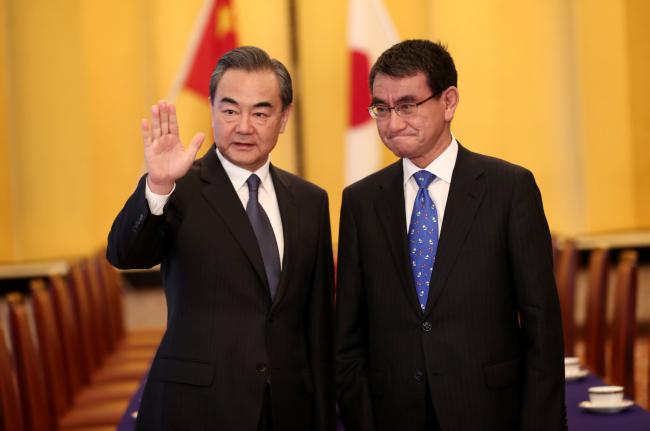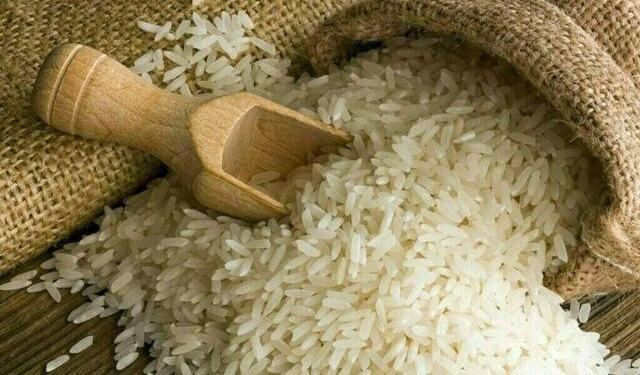 © Bloomberg. Wang Yi and Taro Kono.
© Bloomberg. Wang Yi and Taro Kono.(Bloomberg) — Japan and China hold their first high-level economic dialogue in almost eight years on Monday against a backdrop of trade threats from the U.S.
While neither side is publicly linking the talks in Tokyo between Chinese Foreign Minister Wang Yi and his Japanese counterpart Taro Kono to President Donald Trump’s protectionist policies, the meeting is a timely reminder of not only how much they both rely on the American market, but also how interdependent the two Asian nations have become.
Even before he was elected, Trump had criticized both Chinese and Japanese trade and economic policy as unfair and damaging to the U.S. Recently, he has threatened tariffs on Chinese exports and limits on investment, and just last week took a shot at Japan, saying the nation “has hit us hard on trade for years!”
That trade may be on the table for discussion when Japan’s Prime Minister Shinzo Abe meets with Trump later this week in Florida, but the rise of intra-Asian trade has weakened the power of U.S. attempts to coerce countries.
China has replaced the U.S. as the number one trading partner for most nations in Asia, even those that have military alliances with the U.S., like South Korea, Japan and Australia.
China is not just a trading partner, but also an important source of investment and tourists, which give it added bargaining and coercive power against other Asian nations.
That being said, the U.S is still a more important overall economic partner for many in Asia. Japan, for example, has multiple times as much money invested in the U.S. as it does in China, and even with the recent tensions, many Asian companies rely on the U.S. market.
Trade tension between the U.S. and China is not new. Even before Trump began railing against the persistent trade deficit, the U.S. had complained to the World Trade Organization about Chinese actions more than about any other nation. And China has reciprocated.
But the current situation is much more tense and Japan’s economy would be damaged if it gets worse. So this week, Japan will have to walk a fine line, balancing often tense relations with its biggest trading partner against the demands of its second-largest trading partner, who is also its military ally and guarantor of its security.
Fusion Media or anyone involved with Fusion Media will not accept any liability for loss or damage as a result of reliance on the information including data, quotes, charts and buy/sell signals contained within this website. Please be fully informed regarding the risks and costs associated with trading the financial markets, it is one of the riskiest investment forms possible.
Source: Investing.com




























